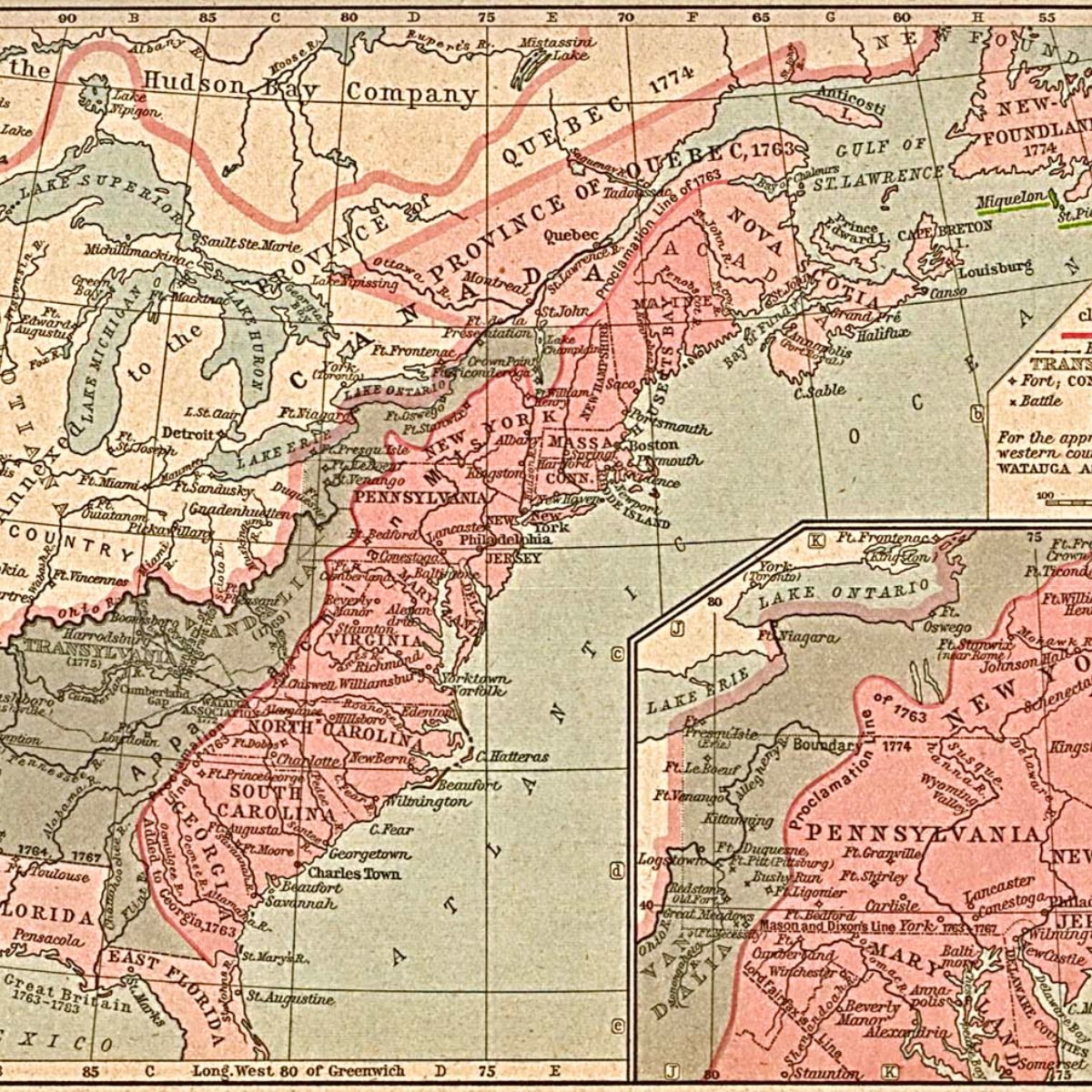The Quebec Act of 1774 was an Act of the Parliament of Great Britain setting procedures of governance in the Province of Quebec. The principal components of the act were:
- The province's territory was expanded to take over part of the Indian Reserve, including much of what is now southern Ontario, plus Illinois, Indiana, Michigan, Ohio, Wisconsin, and parts of Minnesota.
- The oath of allegiance was replaced with one that no longer made reference to the Protestant faith.
- It guaranteed the free practice of the Catholic faith.
- It restored the use of French civil law for private matters while maintaining the use of the English common law for public administration, including criminal prosecution.

The real act was separate from the Intolerable Acts. However, the colonists did not see it that way. The British had passed four oppressive acts in 1774 as a way to establish Imperial control and reestablish order in the colonies after the Boston Tea Party. Unfortunately, their acts had done little to slow the rebellion brewing.
This act was not enforced outside of Canada, but it did much damage to the reputation of the British. Loyalists began to turn away from the British, the thirteen colonies began to unite, and the patriot leaders gained much traction among the population. This particular act only accelerated the American Revolutionary War.
